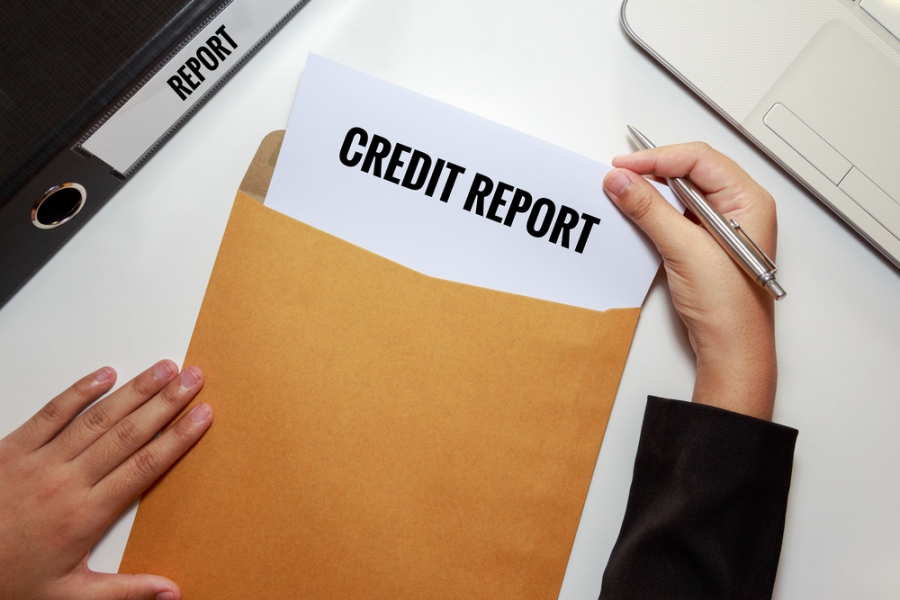You ever wonder why some of your accounts show up on your credit reports while others don’t? It can all be quite confusing but the process of deciding what goes on there and what doesn’t may not be as random as you think. There are reasons why some accounts don’t appear on your credit report.
The Issue
The more information a lender has about how you have handled your debts, the more it can predict how you might handle new debt. Because it takes time and effort to report to credit agencies, some of them skip doing so. Other creditors may not provide information to all three major bureaus. Some accounts don’t get reported at all. Here are possible reasons why:
Agencies Aren’t Required
Specifics about your obligations are voluntarily supplied by creditors, as there is no law requiring them to do so. Why do many companies do it, then? Well, for multiple reasons:
— Such reporting motivates consumers to keep accounts current
— Consumers may be less inclined to default on obligations
— The more data Experian, TransUnion, and Equifax credit reports contain, the more valuable they are to lenders
— Customers who wish to build credit value a company’s willingness to report positive info to the credit bureaus
— Lenders are incentivized by credit bureaus to report info to them
Credit Bureaus Needn’t Accept Lender Info
Just as creditors don’t have to furnish your debt info to credit-reporting agencies, the bureaus aren’t required to accept it. See Freedom credit card debt relief programs.
How it works is, companies that wish to share customer info with a credit bureau must first apply for the service and be approved. Three separate applications are required for companies wanting to report to all the major bureaus. Application consideration requires an on-site inspection, and if the company is approved, it must agree to terms stating what it can and cannot do. For instance, a company may be barred from requesting that a credit bureau delete derogatory but accurate accounts just because a customer is making payments.
In addition, if a company breaches agreement terms, the bureau can suspend or terminate its account.
There Are Creditor Rules
An account may not appear on your credit reports for multiple legal reasons, as laid out in the federal Fair Credit Reporting Act (FCRA). Here are some of those reasons:
— The account has aged. There are time restrictions on negative info reporting. Collections, late payments, repossessions, defaults, settlements, and foreclosures can only stay on your credit report for a maximum of seven years.
— There’s an inaccuracy. FCRA gives you authority to contact the credit bureaus and dispute information you deem incorrect. If the bureau agrees with you, it can delete the account or fix the error.
— The furnisher can’t verify the account. Whether positive or negative, information must be verifiable, meaning that if the credit bureaus can’t verify the data’s accuracy, it will be removed.
Most Lenders Work with All Three Bureaus
Locating a lender that has a relationship with the three agencies is not hard. Most lenders and credit card issuers do. If you find that one doesn’t, perhaps you need to go elsewhere with your business.
If you’re unsure which accounts are in your credit reports and which ones are not, begin by examining your credit reports right away. In fact, experts recommend that you check your reports a few times annually.
Now you understand why some accounts don’t appear on your credit report, and some do. Take this into consideration when applying for loans or charge cards and remain in ultimate charge of what’s in your credit report … and your finances.

